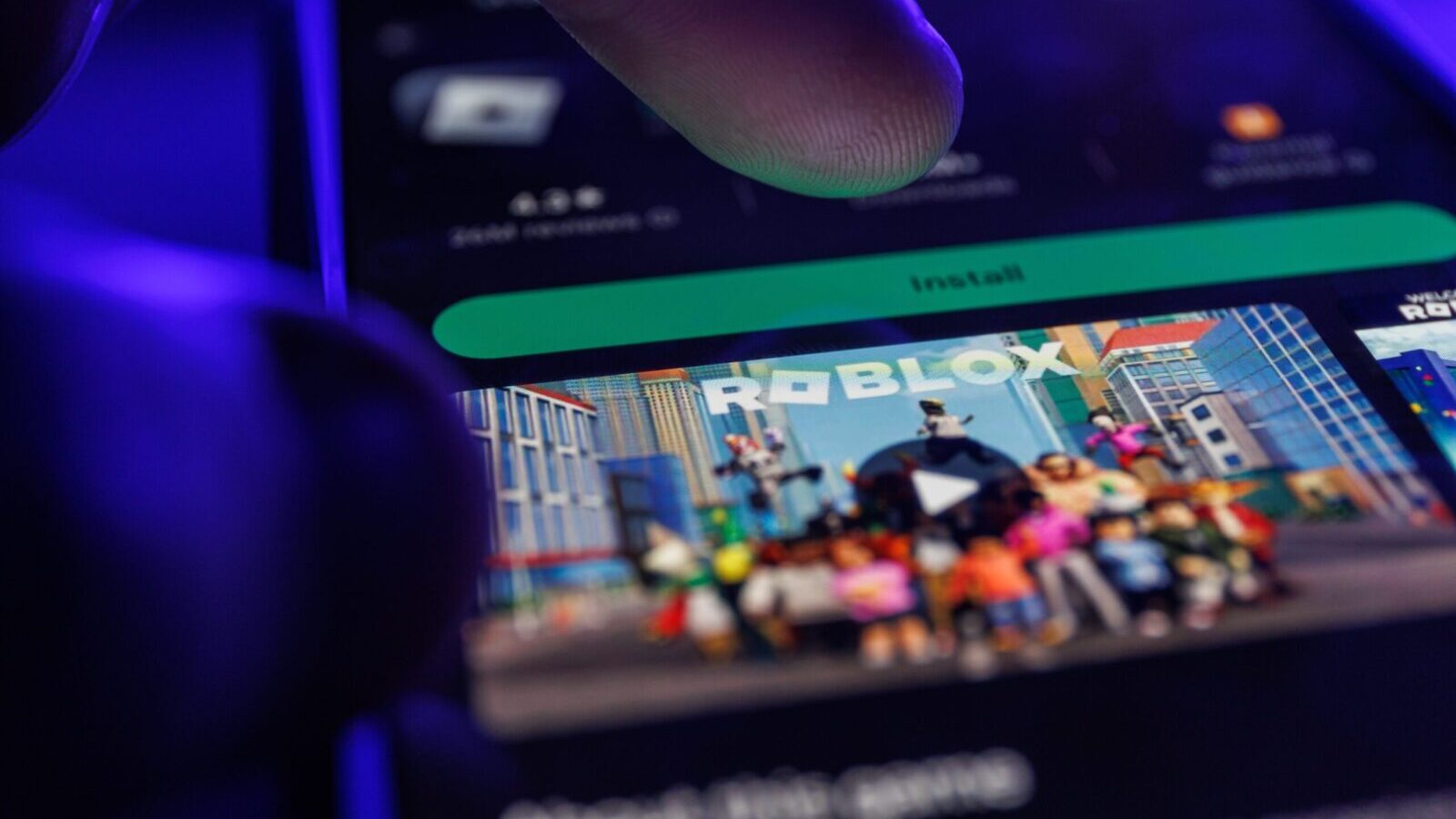Federal Judge Allows Negligence Claims To Proceed In Roblox Gambling Lawsuit
Roblox won’t be able to avoid the lawsuit completely, but won a few concessions
2 min

A federal judge will allow negligence claims against Roblox to proceed in a class-action lawsuit filed by parents who accuse the company of facilitating illegal gambling for minors. Roblox has repeatedly denied the claims, but will have to demonstrate it in court.
Roblox, one of the world’s most popular online video gaming platforms, has a vast user base, including millions of children. The platform allows users to create and share their own games, with developers earning “Robux” from players who purchase access or in-game items.
These Robux can be exchanged for real money through the Developer Exchange Program, creating a financial incentive for developers to create engaging and profitable experiences. However, as the lawsuit demonstrates, this model also creates risks, particularly when gambling elements are introduced.
The lawsuit, initially filed in August 2023, alleges that children lost money by gambling the platform’s in-game currency, Robux, on third-party websites. This case represents a growing concern about the use of digital currencies in online gaming platforms, particularly when minors are involved, and raises questions about the responsibility companies like Roblox have in protecting young users from potentially harmful content.
In a seven-page ruling issued Thursday, U.S. District Judge Vince Chhabria said the plaintiffs’ claims against Roblox could proceed. The parents argue that Roblox knowingly permitted third-party gambling websites to accept Robux as wagers, profiting from the activity by charging a 30% fee on the conversion of Robux back into dollars.
According to the complaint, Roblox’s deliberate design choices created an environment where minors could access and participate in virtual gambling. They argued that this is resulting in financial losses for the children and their families.
Roblox remiss in responsibility
Judge Chhabria’s ruling emphasized Roblox’s duty to protect its users, particularly minors, from foreseeable harm. The judge noted that Roblox had “created a clearinghouse for illegal transactions within the virtual playground” and profited from these transactions.
The judge also explained that the company’s structure — which incentivizes developers to create experiences that users pay Robux to access — was built to facilitate gambling. He asserted that the model made it foreseeable that some developers would design highly addictive experiences, including gambling games, to entice users to spend large amounts of the in-game currency.
The lawsuit highlights the growing prominence of virtual casinos within the Roblox platform. According to the complaint, there were three such casinos employing aggressive marketing campaigns, and popular Roblox social media personalities have endorsed the sites.
One such site, Bloxflip, reportedly had more than 6.8 million visitors in August, according to website analytics tool Semrush. Judge Chhabria determined that it was very likely Roblox knew how these casinos operated and that minors were able to access them and gamble away their Robux.
However, not all claims in the class-action lawsuit were allowed to move forward. The judge dismissed fraud claims with prejudice, noting the plaintiffs had not demonstrated that Roblox actively communicated with them regarding the gambling risks.
Chhabria also rejected the plaintiffs’ argument that Roblox should have advertised the risk of online gambling directly to children and not to parents. He characterized the argument as implausible, noting that the complaint itself asserts that minors were not legally or practically capable of making decisions about whether to gamble.
No injunctive relief
Additionally, the judge dismissed requests for injunctive relief, saying they were unsubstantiated. Judge Chhabria pointed out that the minors involved in the lawsuit were no longer using Roblox and were unlikely to use the platform again in the future. Without ongoing use of the platform, there was no injury that could justify a court order for injunctive relief, the judge ruled.
Since the lawsuit surfaced, Roblox has repeatedly stated that it can’t control the third-party sites that offer gambling and that these violate its terms and conditions. However, it also has not implemented controls, such as adequate age verification, to help prevent minors from accessing them. Even today, it’s possible to create a Roblox account using fake credentials.
The legal battle surrounding Roblox is not an isolated incident. Other video gaming platforms have faced scrutiny for their use of loot boxes, virtual gambling systems, and in-game currency models that critics say resemble gambling.
In recent years, several lawsuits have been filed against major gaming companies for their use of such systems, which have been criticized for targeting younger, vulnerable players. Countries including Belgium and the Netherlands have taken steps to regulate or ban loot boxes, classifying them as gambling under their respective laws.






